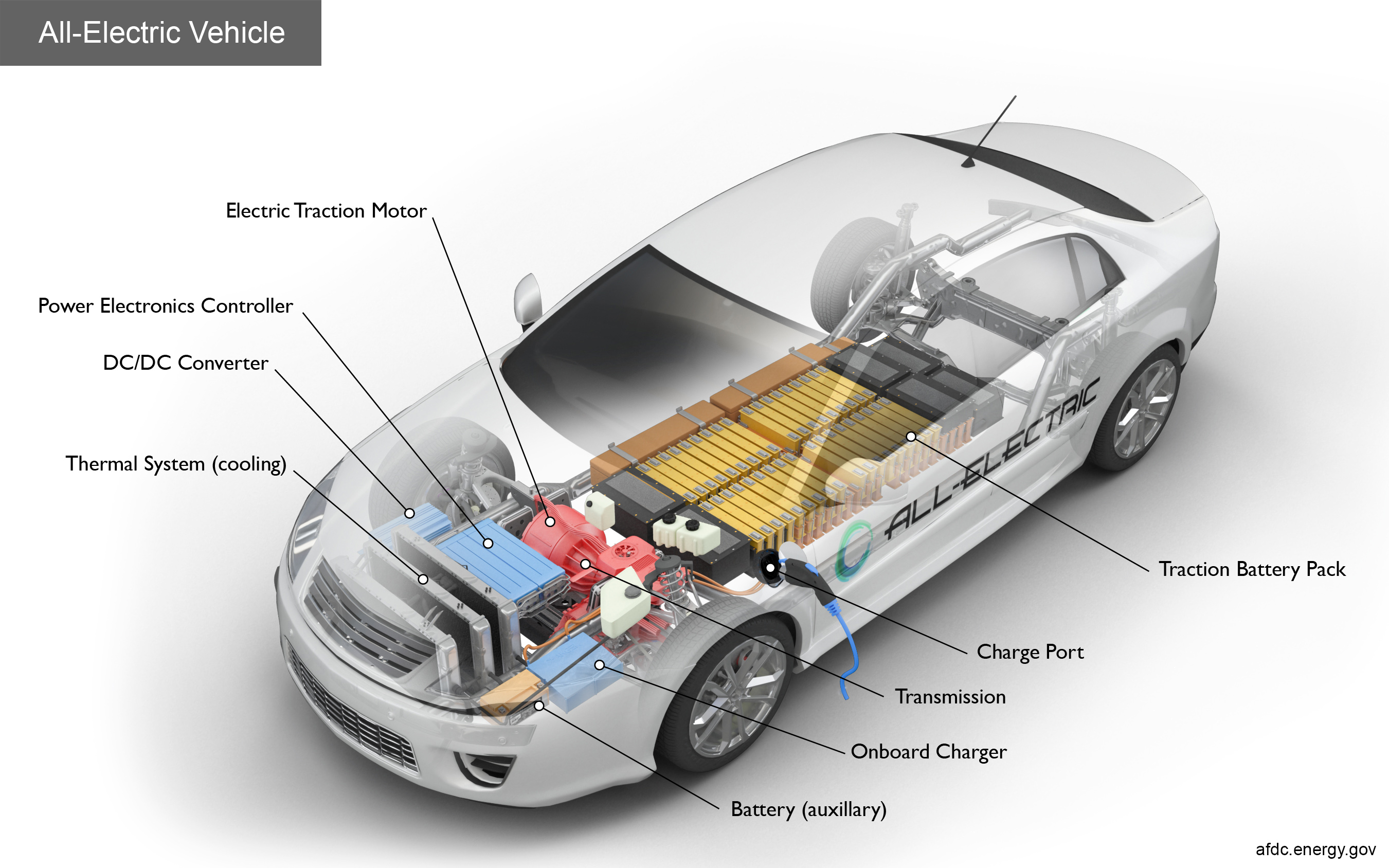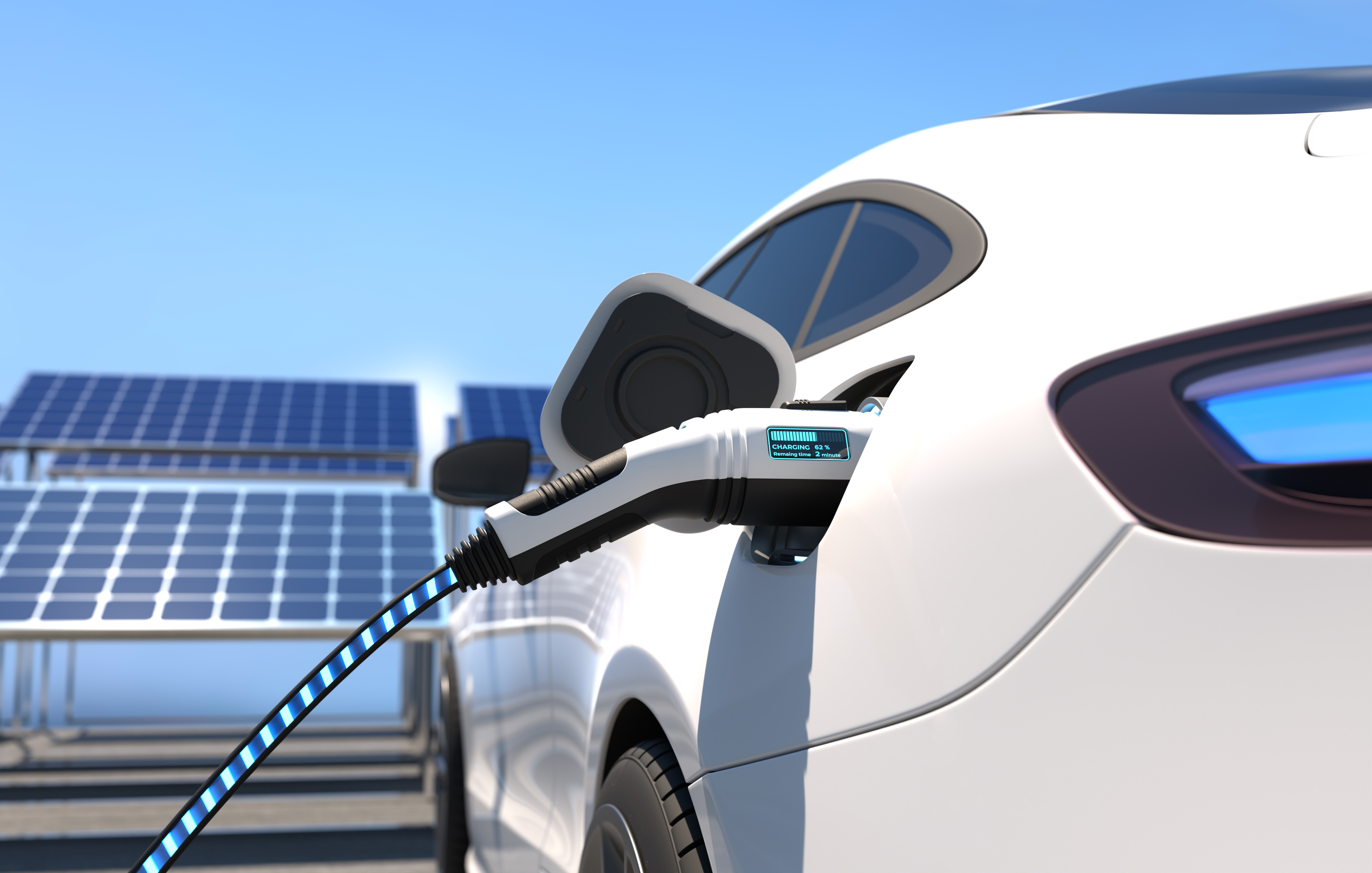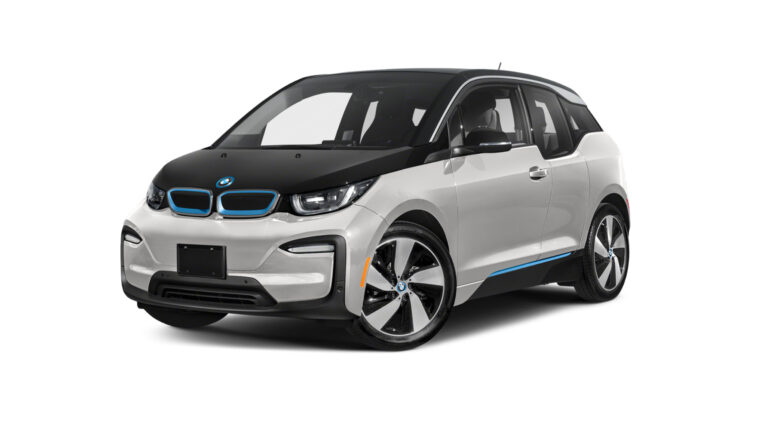Are you thinking about buying or leasing an electric vehicle? This can be a big decision! There are many pros and cons to consider when making this choice. From saving money on fuel costs to worrying about charging times, there are a lot of factors to consider. In this article, we will discuss the pros and cons of buying or leasing an electric vehicle, so you can make an educated decision. Whether you’re an 18-year-old student looking for a new ride, or just want to learn more about the electric vehicle industry, this article will help you decide what’s best for you.
The Cost of Buying vs

The cost of buying an electric vehicle versus leasing one is a big factor when considering which option is right for you. Buying an electric vehicle outright may cost more up front, but you ultimately own the car and can drive it for as long as you want. Leasing an electric vehicle, on the other hand, can be a great way to get into a newer car with a lower up-front cost and a lower monthly payment. However, you may only be able to drive the car for a few years before you have to return it to the dealership. Ultimately, it’s up to you to decide which option best fits your budget and lifestyle.
Leasing an Electric Vehicle

Leasing an electric vehicle is a great option for those who don’t want to commit to a long-term purchase. It’s especially great for younger drivers who don’t have a lot of money saved up. With a lease, you get a newer model vehicle with lower monthly payments than if you were to buy outright. Plus, you won’t have to worry about the cost of repairs and maintenance since that’s typically covered by the leasing company. On the downside, you don’t get to keep the car after the lease is up, and you may have to pay a hefty fee if you go over the allotted mileage. But if you’re looking for a cost-effective way to drive an electric vehicle, leasing may be the right choice for you.
The Financial Benefits of Leasing an Electric Vehicle

When it comes to leasing an electric vehicle, there are plenty of financial benefits to consider. Firstly, leasing an EV means you don’t have to pay the full price up-front, so you can start driving a new car without breaking the bank. Furthermore, the monthly payments for an electric vehicle lease are often lower than those for a traditional car loan. Plus, you may even save on taxes, since many governments offer tax incentives for leasing electric vehicles. Finally, you don’t have to worry about the depreciation of the car’s value, since you’re only leasing and will return it once the lease is up. All in all, leasing an electric vehicle makes financial sense, and is a great way to get behind the wheel of a new car without breaking the bank.
The Environmental Impact of Electric Vehicle Leasing

Electric vehicle leasing is becoming an increasingly popular option for people looking to reduce their environmental impact. Leasing an electric vehicle has many advantages, such as lower emissions, no need to purchase fuel, and lower maintenance costs. However, it also has some drawbacks. Leasing an electric vehicle can result in higher monthly payments due to the expensive cost of batteries and other components. Additionally, leasing agreements often come with mileage limits, so you may not be able to drive as far as you’d like. Ultimately, leasing an electric vehicle is a great option for those looking to reduce their environmental impact and save money in the long run.
The Maintenance and Upkeep of a Leased Electric Vehicle

When you lease an electric vehicle, you may think that you don’t have to worry about the maintenance and upkeep, but that’s not necessarily the case. Depending on the lease agreement, you may still be responsible for reaching certain maintenance milestones and for paying for any repairs that become necessary. Plus, some leases come with a mileage limit, so you may have to pay for an additional fee for going over the limit. All these extra costs can add up quickly, so it’s important to understand exactly what the terms of your lease are to make sure you’re not surprised by the fees.
The Advantages and Disadvantages of Owning an Electric Vehicle

The advantages of owning an electric vehicle are plentiful. Firstly, you have the potential to save a lot of money on fuel costs compared to petrol or diesel cars. Secondly, electric vehicles tend to be more environmentally friendly, producing less emissions and pollutants than petrol or diesel cars. Thirdly, electric cars are usually much quieter than their petrol or diesel counterparts, making them a great choice for those who want to reduce noise pollution. Finally, electric vehicles are becoming increasingly more affordable, making them a great option for those on a budget. However, there are also some drawbacks to consider before you buy. One of the biggest disadvantages is the limited range of electric vehicles; most models can only travel a few hundred miles before needing to be recharged. Additionally, electric vehicles may require more regular maintenance than petrol or diesel cars.





GIPHY App Key not set. Please check settings